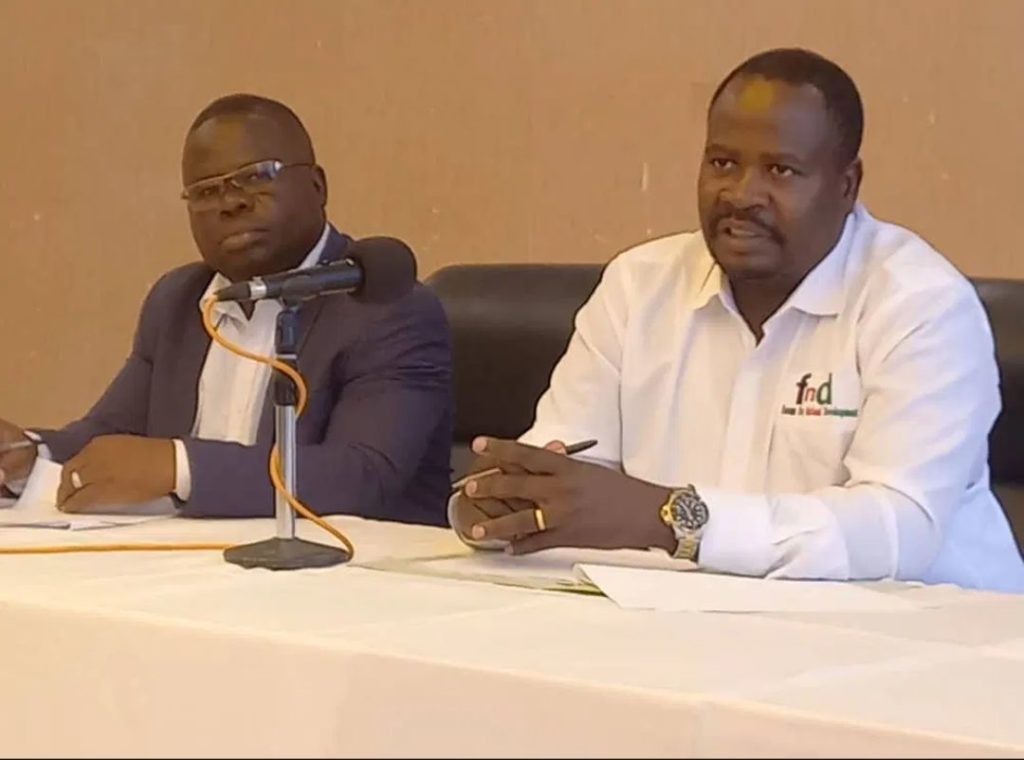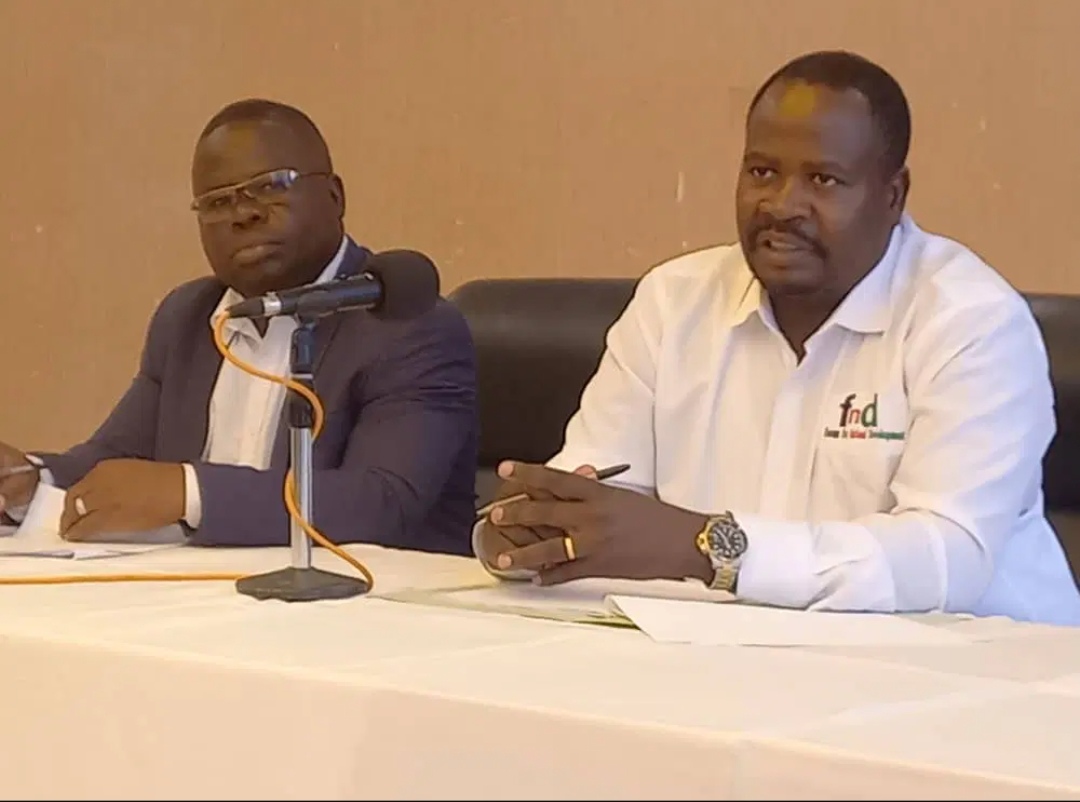By Twink Jones Gadama
In a bold move to combat corruption and hold officials accountable, the United States government has extended its entry ban to former Malawian public officers accused of significant corruption.
This decision has sent shockwaves through the Malawian government, prompting calls for further action to root out systemic corruption within the country’s leadership.
The Forum for National Development (FND) and Center for Mindset Change (CMC) have commended the US government for its stance against corruption and have urged for the ban to be extended to include other suspected corrupt officials at State House, Parliament, and the Judiciary.

This call for accountability is crucial in sending a strong message to the current President Lazarus Chakwera’s Tonse Alliance government on the importance of fighting against corruption.
The ban, which includes former public officers such as Reyneck Matemba, John Suzi-Banda, Mwabi Kaluba, and George Kainja, has been lauded as a significant step towards holding individuals accountable for their corrupt actions.
However, FND and CMC argue that the ban should not stop there, but should also target other influential public servants who have been shielded by state protection.
The groupings point out a troubling trend in Malawi where all three branches of government—the executive, the legislature, and the judiciary—are involved in a system of corruption where corrupt individuals protect each other, leading to a normalization of state capture.
The recent harassment faced by the Director General of the Anti-Corruption Bureau (ACB) for her stance against corruption highlights the challenges faced by those working to combat corrupt practices within the government.
Furthermore, allegations of bribery within the judiciary raise concerns about the integrity of judicial proceedings in Malawi.
FND and CMC stress the need for accountability and transparency in addressing these allegations and for holding individuals responsible for their actions.
The handling of scandals and projects that seem to drain public resources without yielding tangible results has also come under scrutiny.
The groupings call for a public investigation into projects such as the Salima–Lilongwe Water Project and the fertilizer scandal, as well as a closer examination of the misuse of public funds within Parliament.
The actions taken by the US government have reignited the fight against corruption in Malawi and have highlighted the need for other bilateral partners to follow suit.
FND and CMC urge the European Union (EU), the United Kingdom (UK), and others to emulate the decisive action taken by the US government in holding corrupt officials accountable for their actions.
The groupings emphasize the importance of the Chakwera administration confronting corruption head-on and prioritizing real solutions over deflecting responsibility.
The fight against corruption must be the government’s top priority, and any attempts to undermine this fight will not be tolerated.
The extension of the entry ban to corrupt officials in Malawi is a significant step towards accountability and transparency within the government.
It is a message to all public servants that corruption will not be tolerated, and that those who abuse their positions for personal gain will be held accountable for their actions.
As Malawians continue to demand transparency and accountability from their leaders, the international community’s support in this fight against corruption is crucial in ensuring a better future for the country.



